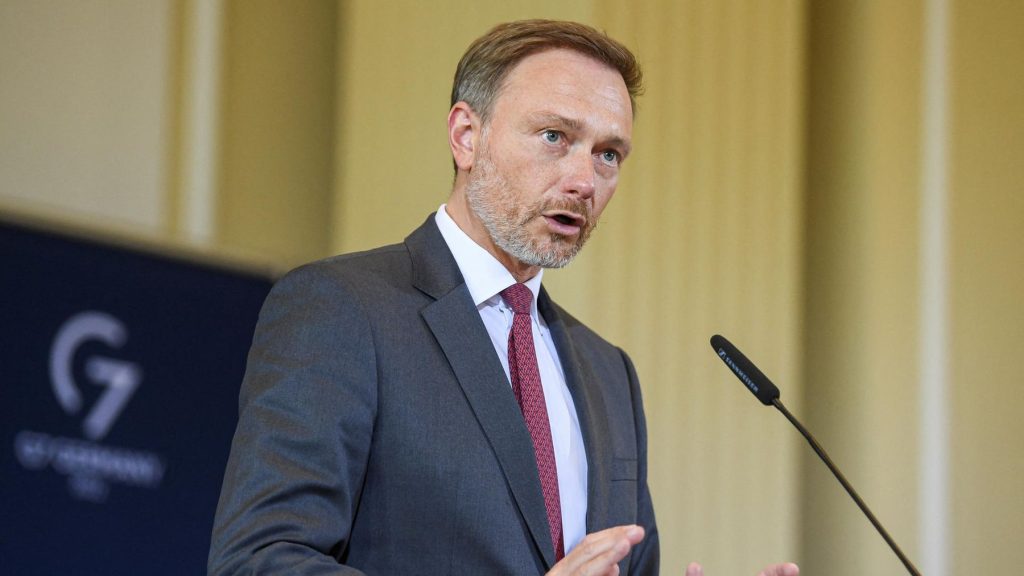
Tax revenues are likely to be higher than expected in 2022
The tax adjustment of the basic allowance, advertising costs and long-distance commuter allowance alone will cost around 22 billion euros by 2026, which have not yet been taken into account in the estimate.
How much additional money Lindner actually has to distribute is controversial. On the one hand, a significant part of the additional revenue has already been planned. The vast majority will be returned to the citizens, stressed Lindner.
Inflation leads to rising government revenues
On the other hand, the plus could shrink very quickly if the supply chain problems worsen due to the corona lockdowns in China. Or if the Ukraine war leaves as clear a mark on the German economy as some economists fear. “The current tax estimate comes at a time of high uncertainty,” Lindner said. The consequences of the war are still not foreseeable, the development of interest expenditure is uncertain.
The German economy is still growing, many companies have full order books, also because citizens make up for deferred expenses in pandemic times. However, the German government, like many institutes, has recently significantly lowered its growth expectations. It only expects economic output to increase by 2.2 percent in 2022 and by 2.5 percent in 2023. A stop of Russian gas supplies could even plunge the economy into a serious crisis.
The fact that the forecast of tax revenues is not more gloomy is partly due to high inflation. This usually also leads to higher tax revenues – unless citizens drastically restrict their consumption. This is not happening at the moment, probably also because many are making up for the expenses from the corona period, going back to the restaurant and going on vacation.
Companies also spend more money when their employees return to the office from their home office. In addition, there is the declining number of unemployed: more people in the job means more income tax for the state, and a rising wage level as a result of inflation would make an additional contribution to this.
Treasury can look forward to record income
For example, Lindner can hope for record tax revenues in the coming years, despite the crises. For the first time, the estimators predict revenues of more than one trillion euros for the year 2026.
The tax assessment is an important basis for the ongoing discussions on the federal budget and financial planning for the following years. So far, Lindner is planning for the current year with debts of 138.9 billion euros. From 2023, he wants to comply with the debt brake, which was suspended due to the pandemic, again. Then only about 7.5 billion euros of loans would be allowed. In addition, the federal government must then begin with the repayment of the many billions of corona loans.
The Tax Assessment Working Group meets twice a year, in spring and autumn. The committee is made up of experts from the Federal Government, the five leading economic research institutes, the Federal Statistical Office, the Bundesbank, the Expert Council for the Assessment of Economic Development in Germany, representatives of the state finance ministries and municipalities.
